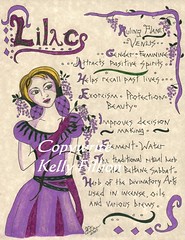The Poet
As the saint stands for memory and experience, the poet stands for desire and language.
The word for the poet is beauty, the pleasing sensual arrangement. The surest way to get a poet to change his behavior is not to quote morals or principles, but to present a better aesthetic whole. If you would reform him into a better world picture, he will be pleased to fit into it at any cost.
The poet, as a man of air, is spirit, as even the written words are still mostly air.
He doesn’t feel desire and joy, so much as flow and place. Nor is he focused on the past or the eternal, as the saint and philosopher are, but upon the future.
Art is the orientor of attitude: this connects expressions and impressions, art and heart.
The poet is the speaker, and thus stands for personality.
Personality is a construction of verbal engines. Language engines, the speaking habits, make the personality. Even when we are alone, we are not alone with our self, but friends with our persona-for ourself.
No man is miserable, or stupid, or ridiculous, only he is caught in his own world. If you want to make him great with your ideas, to shine your light on him, you must learn his language. His language, his ideas, the images that move him, the concepts by which he thinks, need to be learned like any foreign language.
The poet, as personality, is created eternal, constructed immortal. When he touches into history, he moves in two directions: backwards to make way for his existence, and forwards to sustain it.
Study Buddha, Hamlet, Jesus, Wotan, Don Quixote.
Nothing can come out of the artist that is not in the man. The greatest creation of the
